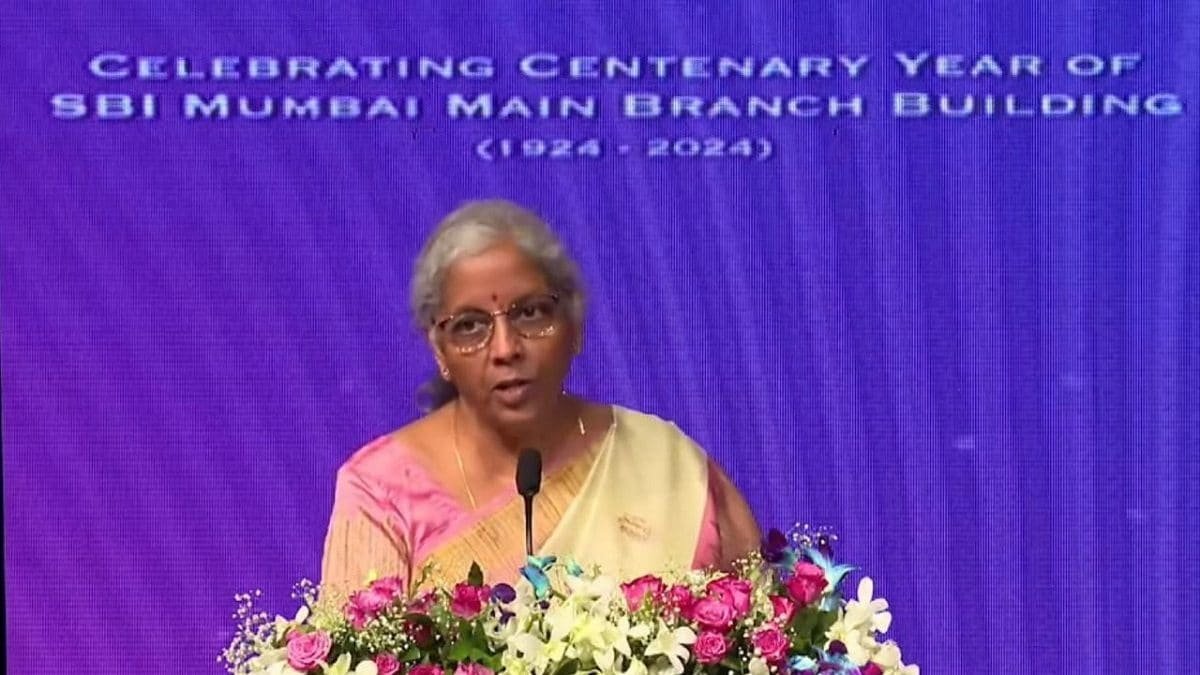Finance Minister Nirmala Sitharaman says mis-selling not only leads to financial distress for individuals but also increases borrowing costs.
Finance Minister Nirmala Sitharaman has expressed concern over mis-selling of financial products, especially insurance, by banks and highlighted its adverse impact on consumers. She said mis-selling not only leads to financial distress for individuals but also increases borrowing costs.
Debasis Panda, chairman of insurance industry regulator Irdai, also urged bankers to focus on their core work and not on insurance alone. However, he added that the bancassurance channel is very useful in deepening the reach of insurance in the country.
According to recent data, HDFC Life distributes 65 percent of its insurance policies through banking channels, followed by SBI Life (60 percent), Max Life (52 percent), ICICI Prudential (29 percent) and LIC (4 percent).
What is mis-selling?
Mis-selling occurs when financial products, such as insurance policies, mutual funds or loans, are sold to consumers without proper disclosure of terms or eligibility. This may include:
– Selling products that are not aligned with the customer’s financial goals or risk appetite.
– Misrepresenting the returns, benefits or risks associated with the product.
– Forcing customers to buy products they don’t need.
Such practices exploit the lack of financial literacy among consumers and undermine confidence in the financial system.
Why is the government concerned? Its impact on consumers
1. Financial stress on consumers
A mis-sold product often leads to financial stress. For instance, consumers who are misled into buying the wrong insurance policy may struggle to pay premiums, forcing them into debt or policy lapses.
2. Increase in borrowing costs
When consumers buy inappropriate financial products, they often resort to additional borrowing to cover their costs or losses. This adds to their financial burden and raises borrowing costs across the economy.
3. Erosion of confidence in financial markets
Mis-selling damages consumer confidence in the financial sector, preventing them from securing investments or insurance, both of which are essential for economic growth and personal financial security.
4. Consumer protection as a policy priority
With India’s growing middle class and increasing financial inclusion, the government wants to ensure that financial products genuinely benefit consumers rather than becoming a liability.
“The government’s push to address mis-selling reflects its commitment to protect consumer interests and enhance the integrity of the financial system,” said a financial sector analyst.
Speaking at the State Bank of India Economist Conclave on Monday, Seetharam asked bankers to focus on their core jobs and avoid mis-selling of insurance policies, pointing out that many times, this also indirectly increases the cost of borrowing. Bank customer.
A day later, Irdai chairman Debasis Panda also made a similar comment on Tuesday. He said bankers should focus on their core work and not just pedal insurance.
“The system has merit but we have to do it with care and caution so that you don’t forget your activity and just start selling insurance. It should be relevant,” Panda said while speaking at the annual banking and economy conclave organized by SBI here.
He said insurance companies definitely need low-cost distribution solutions like those offered by banks, which are widely spread across the country and cover almost all inhabited places.

